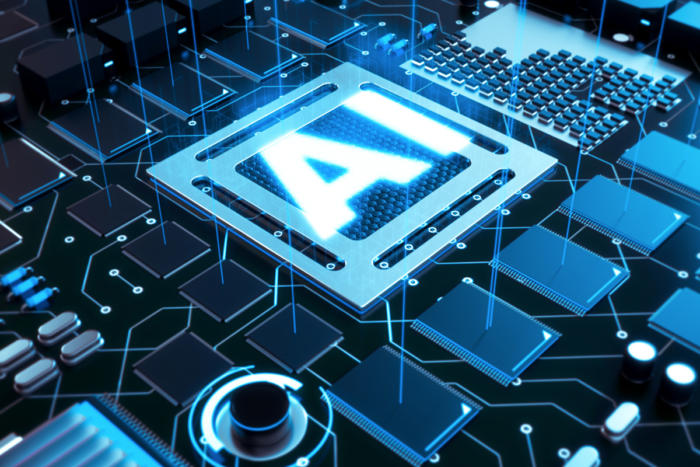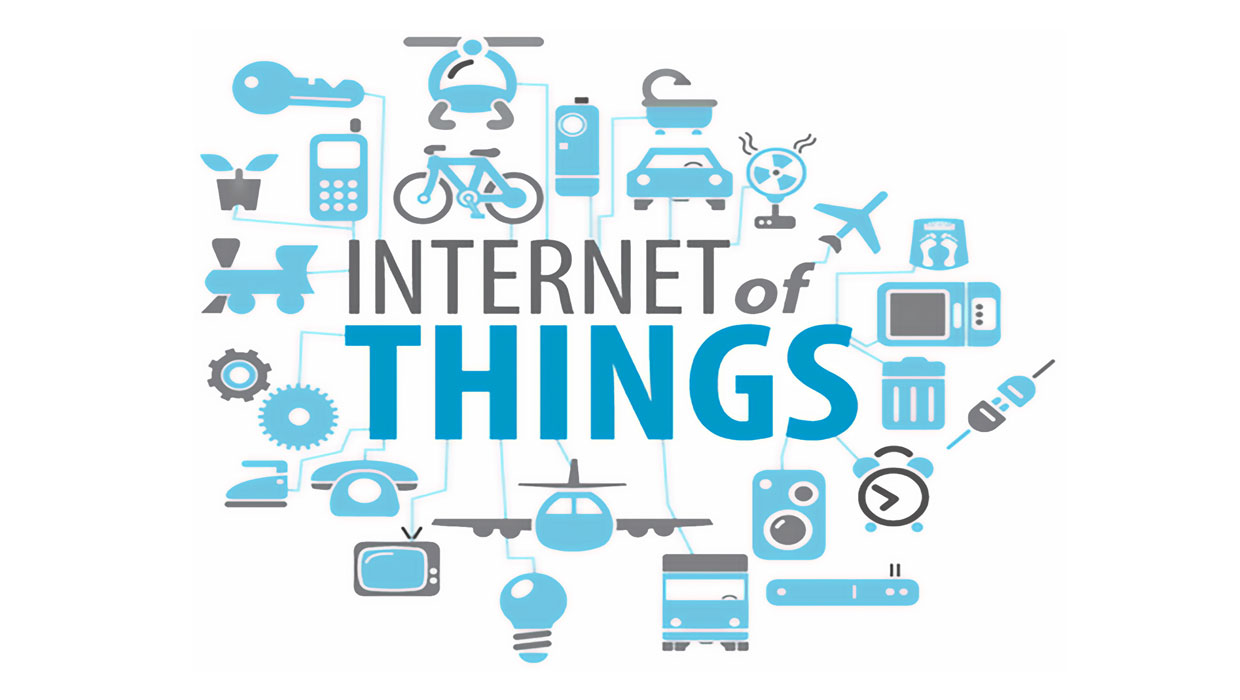
Introduction
Back in the older days, making your product or service gradually better and cheaper was an infallible method for business success. Yet, those days are over. According to a recent Forrester survey, executives forecast that “47% of revenue will be influenced by digital” by 2020 [1]. This emphasizes that digital transformation will lead to increased revenues, but it is also important for businesses to keep up with the competition. Therefore, this article will discuss three major trends that back the continued growth of digital transformation for 2019, including Artificial Intelligence (AI), Chatbots, and Internet of things (IoT).
Artificial Intelligence (AI)

Source: https://www.cio.com/article/3329920/artificial-intelligence/7-tips-for-scaling-your-ai-strategy.html
Artificial intelligence is “effectively an umbrella term to describe processes of intelligent automation, like machine learning, natural language processing (NLP), cognitive computing and deep learning” [2]. In other words, true AI is when a computer or robot can think and act like human beings.
One of the available AI approaches for companies today is that “there are standalone AI platforms that allow businesses to build machine learning algorithms for nearly any conceivable application, and embedded AI platforms that function inside a specific application or process” [2]. For instance, these platforms can automate a task or several tasks as well as analyse a set of data to make a decision or to assist a human’s decision process.
Another available AI approach is that a type of machine learning, named reinforcement learning, “provides algorithms that take context into account to maximise behaviour inside the scenario” [2]. For example, companies use reinforcement learning to create a sense of personalisation for their consumers. This is because no matter what media you consume or what advertisements pop up on your social media feed, there are reinforcement learning algorithms involved behind the scenes.
According to an Information Age article, “over 40% of digital transformation initiatives will use AI services” by 2019 [2]. Moreover, “75% of commercial enterprise apps will have AI built in, and over 50% of consumers will interact with AI” by 2021 [2]. These statistics evidently point out that AI is one of the hottest digital trends for 2019.
Case Study: Artificial Intelligence (AI) application in E-commerce
Chatbots

Source: https://chatbotsmagazine.com/chatbot-the-next-big-thing-512b292303a4
Chatbot is an AI software that can carry out a conversation with a user in natural language through websites, mobile applications, and through the telephone. With new advancements in AI, the chatbots have become cleverer over time, as they are able to “collect more information about their target audience and figure out exactly what people want or need to hear” [3].
Repetitive customer questions, including “When will my parcel arrive?” “What should I do if I want to return an item?” and more, can be answered by chatbots. This emphasizes that chatbots improve customer experience by streamlining interactions between consumers and companies. Simultaneously, chatbots allow businesses to increase operational efficacy by cutting the cost of customer service. As a result, it is predicted that chatbots will help organisations “save over $8 billion per year” by 2022 [4]. This highlights that the use of chatbots will continue to grow in 2019 and beyond.
Case Study: Chatbot – Automated Customer Service System
Case Study: Chatbot advertisement for global insurance company
Internet of Things (IoT)

Source: https://medium.com/@mattrmclaren/why-the-internet-of-things-iot-will-rule-the-world-6a66d9cb060b
The Internet of Things refers to “the billions of physical devices around the world that are now connected to the Internet, collecting and sharing data” [5]. Countless physical objects can be converted into an IoT device if it can be linked to the Internet and controlled through the Internet. For instance, Google Home is considered as an IoT device, making it easier to play music, set timers, and more. Therefore, the IoT market is a great example indicating how human interaction with machines and information continues to develop gradually.
In 2019, smart device applications are expected to rise continually. Smart devices will become positively more predominant across wide-ranging industries, including “automotive, transportations, healthcare, hospitality, and manufacturing solutions” [6]. This trend will continue to grow in the coming years with more companies jumping into the game.
Furthermore, 5G networks will mark the start of a new era for IoT as they will support a progressively interconnected world that will push IoT innovation further. 5G networks will enable “gathering, managing, and analysing data almost in real-time” [6]. Therefore, IoT is seen to be one of the biggest trends of digital transformation in 2019.
Case Study: Car Parking System Data Warehouse Solutions
Case Study: Business Strategy for International R&D Institution
Conclusion
Digital transformation plays a significant role in this digital era. In particular, Artificial Intelligence (AI), chatbots, and Internet of Things (IoT) are embedded in our everyday lives. Companies adapt these technologies to provide better customer services and better quality of lives. Hence, these three major trends will continue to grow in 2019 and beyond.
References
[1] https://go.forrester.com/blogs/15-12-08-the_state_of_digital_business_2016_to_2020/
[2] https://www.information-age.com/guide-artificial-intelligence-enterprise-business-123472516/
[3] https://chatbotslife.com/4-chatbot-marketing-trends-in-2019-bb8bc5498f61
[6] https://www.iotforall.com/6-key-iot-trends-and-predictions-for-2019/


 Hide Menu
Hide Menu

